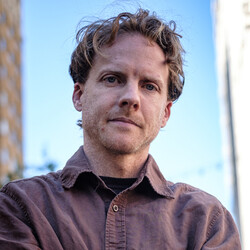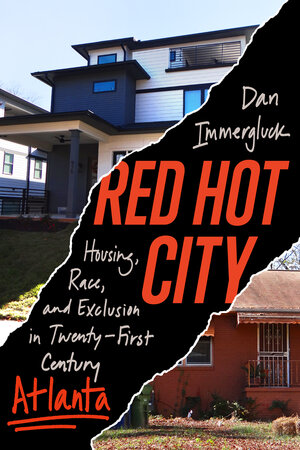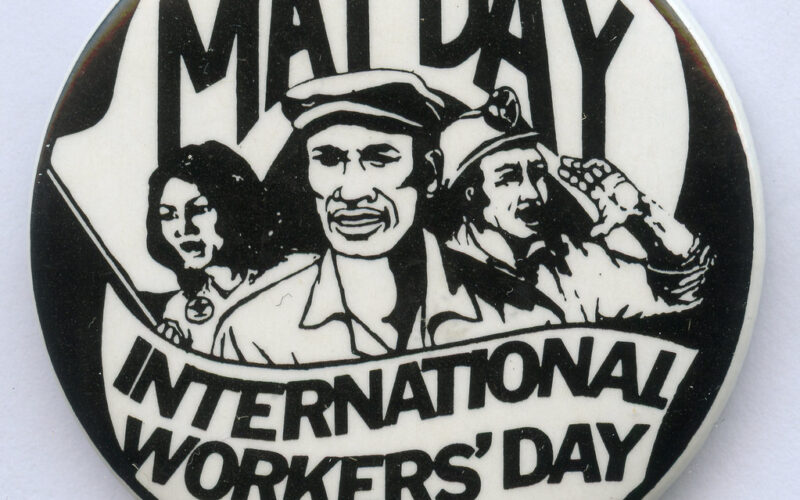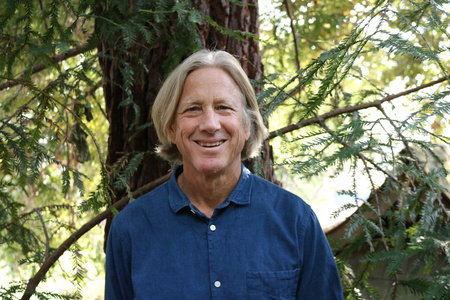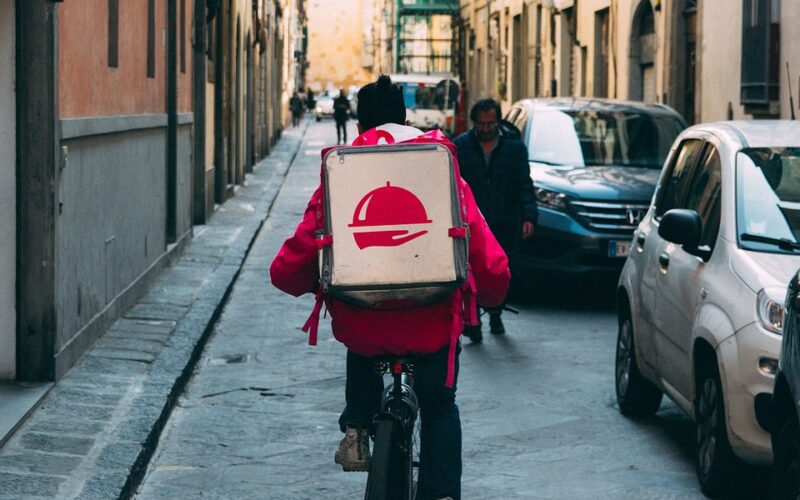Oakland’s Police Department has been a poster child for abusive and violent law enforcement. But award-winning journalist Darwin BondGraham argues that the OPD is exceptional only because of the scrutiny it’s received. He discusses the department’s history from the Red Scare of the 1920s to the Black Panthers in the 1960s to Occupy Oakland in … Continued



